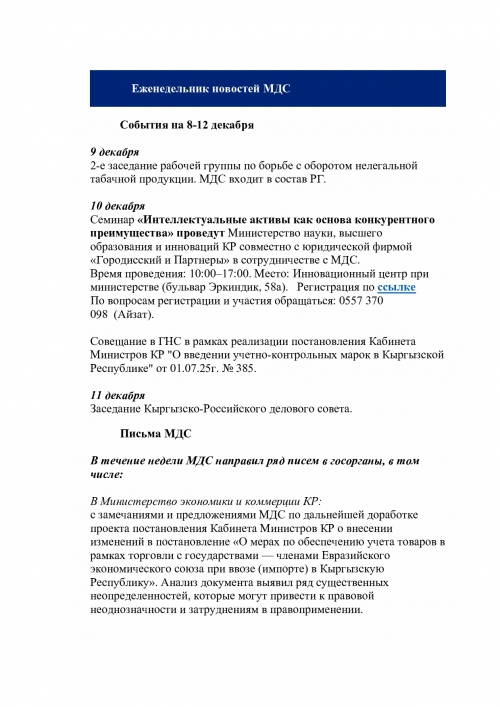News /
IBC news /
EBRD Transition Report 2014
IBC took part in the presentation of the EBRD report on Transition Innovations in the transition process and the region's economic prospects for 2015. Agris Preymanis, Chief Economist for Central Asia, EBRD, presented the findings of the reports and answered questions from the participants during the subsequent informal debate. This year's Transition Report analyzes the innovation of individual companies in the transition region and reports on how innovation can help improve the productivity and economic growth.
The Report also takes stock of firms’ investments in research and development and provides new insights into how managerial practices influence firm productivity.
A key theme of this Report is that regardless of a country’s level of economic development and regardless of its progress along the transition path, corporate managers can make decisions that have a profound influence on the efficiency and productivity of the businesses they run. Yet, which actions are most beneficial – R&D, adopting products that were developed elsewhere, or improving management practices – depends strongly on the business environment in which a firm operates. Governments can do a great deal to unleash this potential, but in order to determine the right measures for any given country they must work closely with the private sector.
The Regional Economic Prospects show that halving of the oil price since mid-2014 and softening of other commodity prices have reduced the overall EBRD region’s growth. Commodity exporters, including the largest country in the region Russia, are impacted negatively. The ensuing negative spill-overs have been significant in many economies in Central Asia, Eastern Europe and the Caucasus that have strong economic ties with Russia as well as other commodity exporters.




























